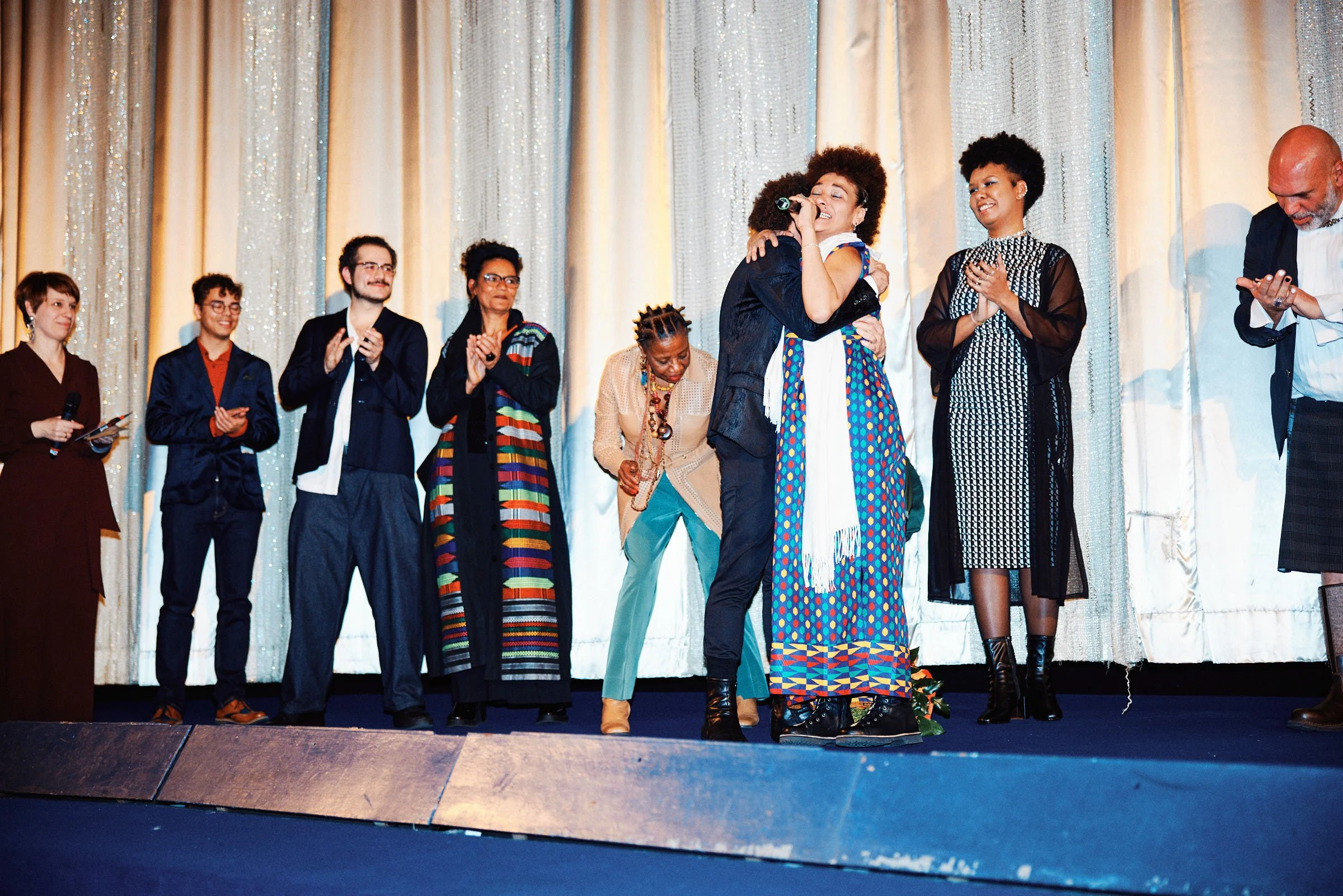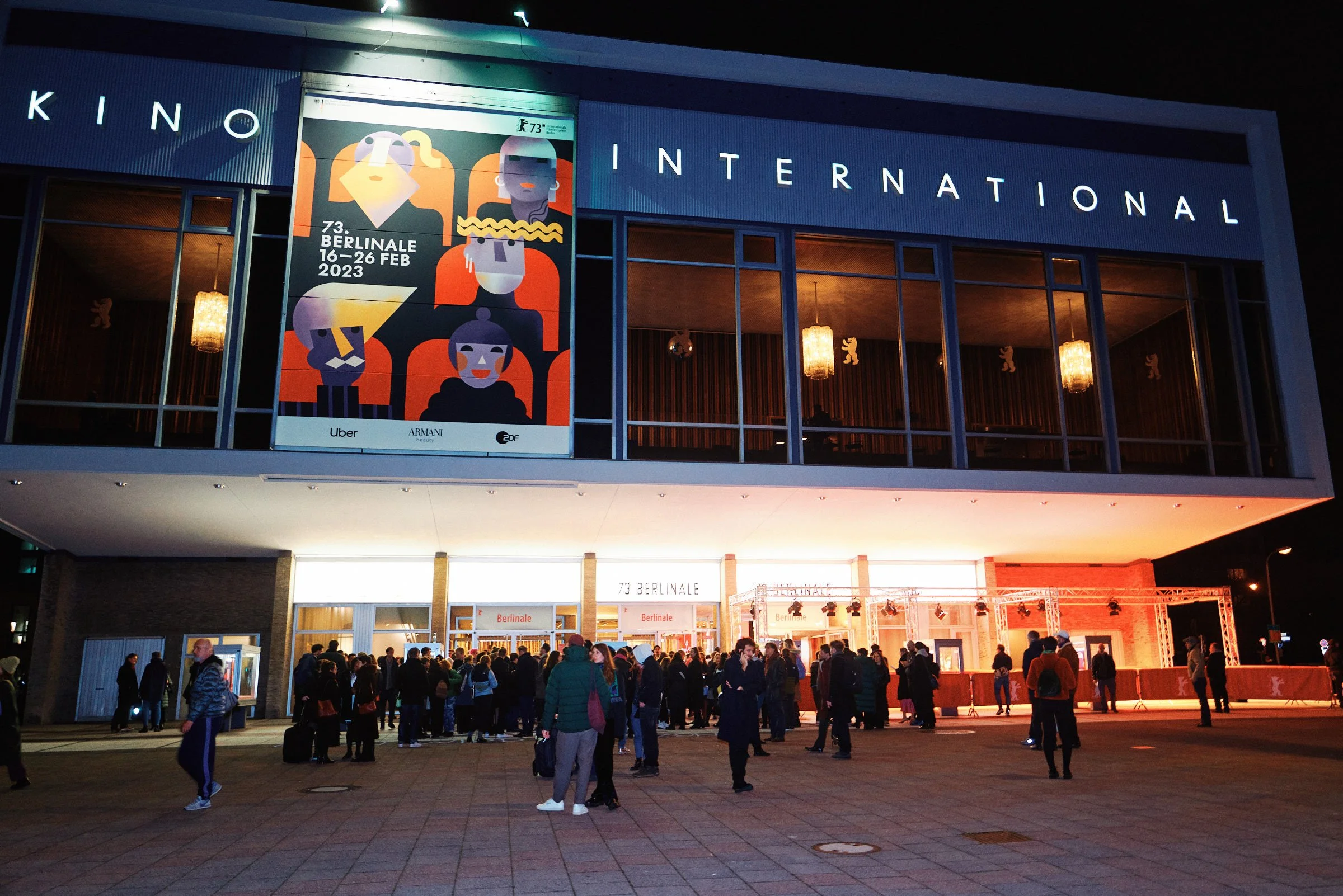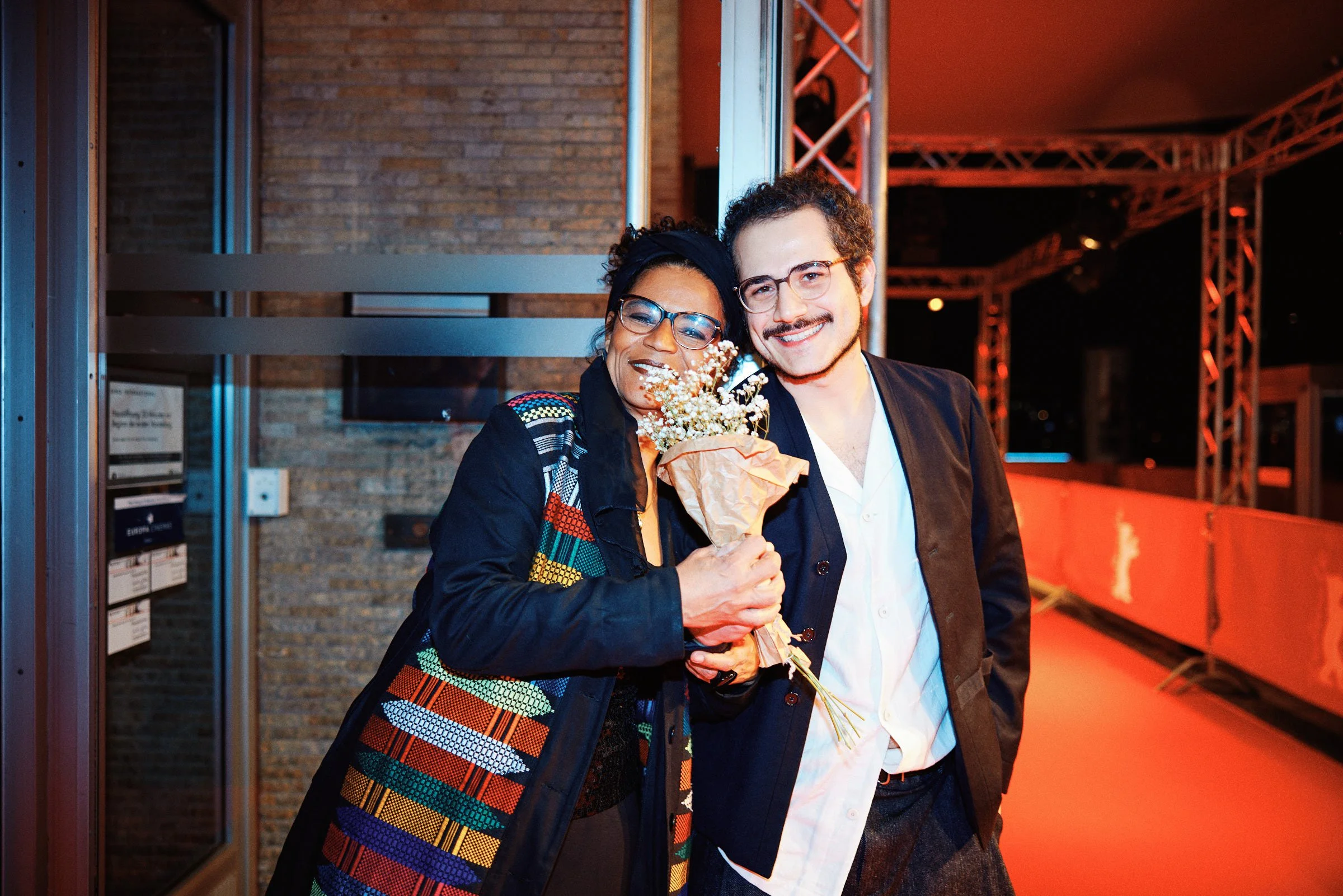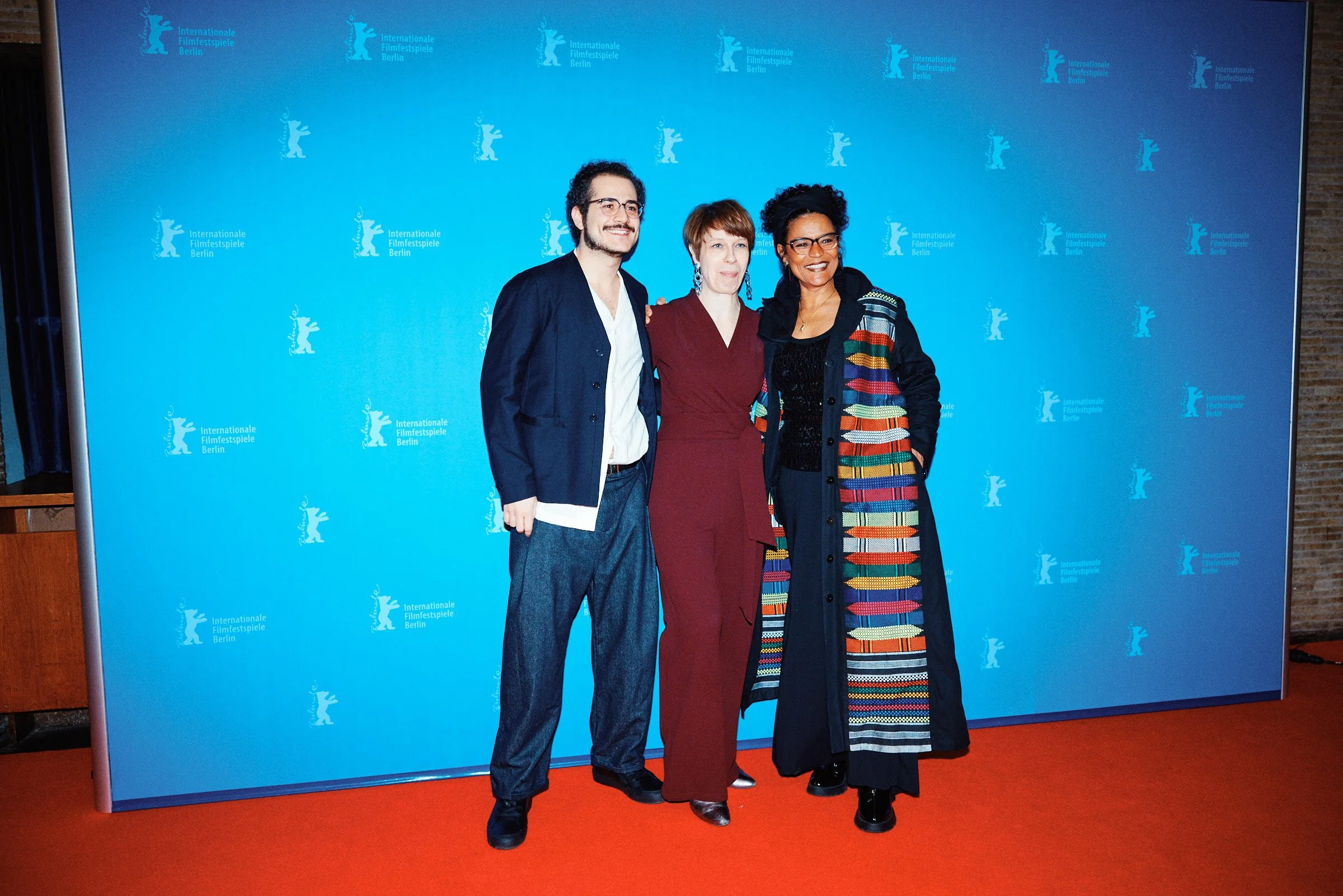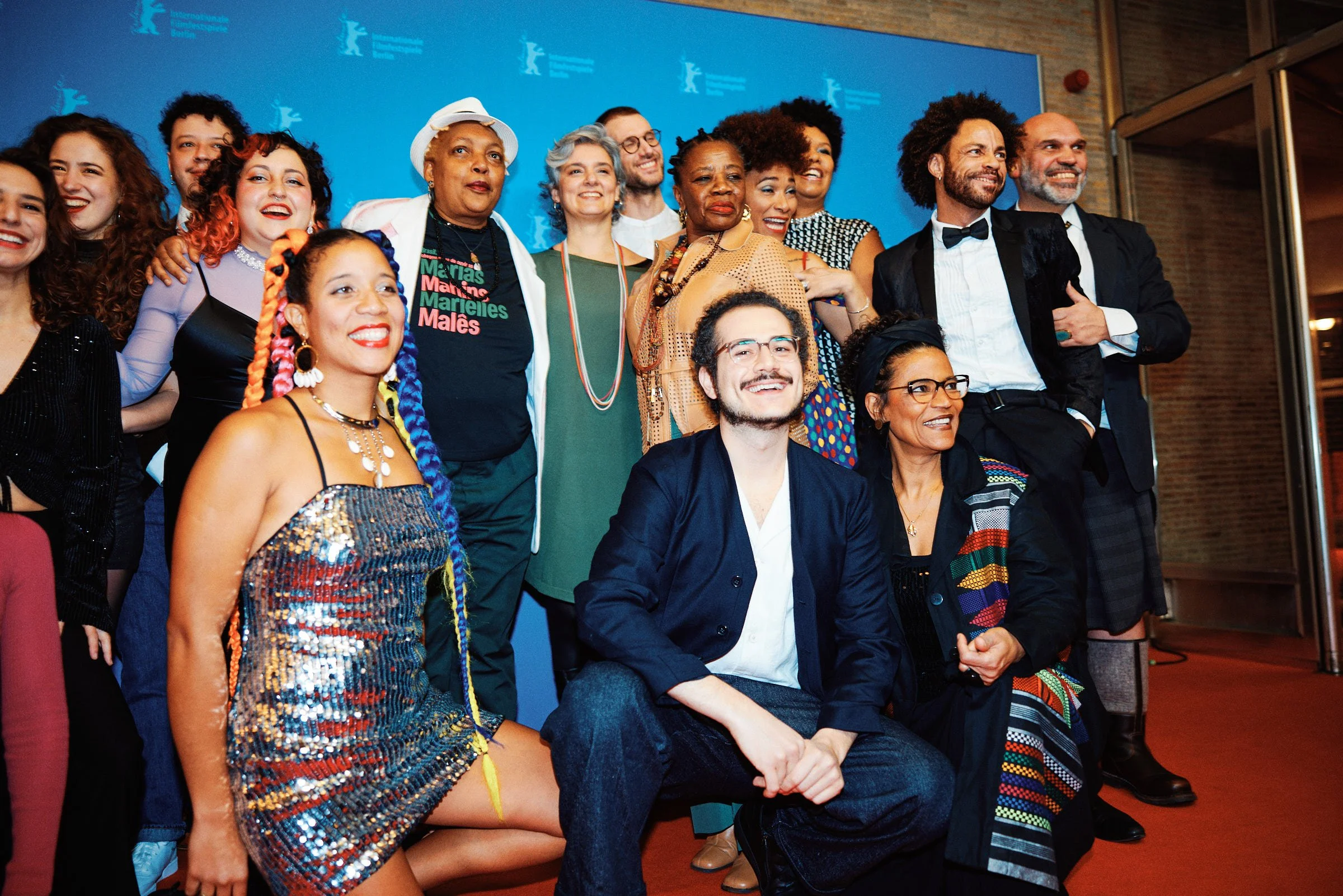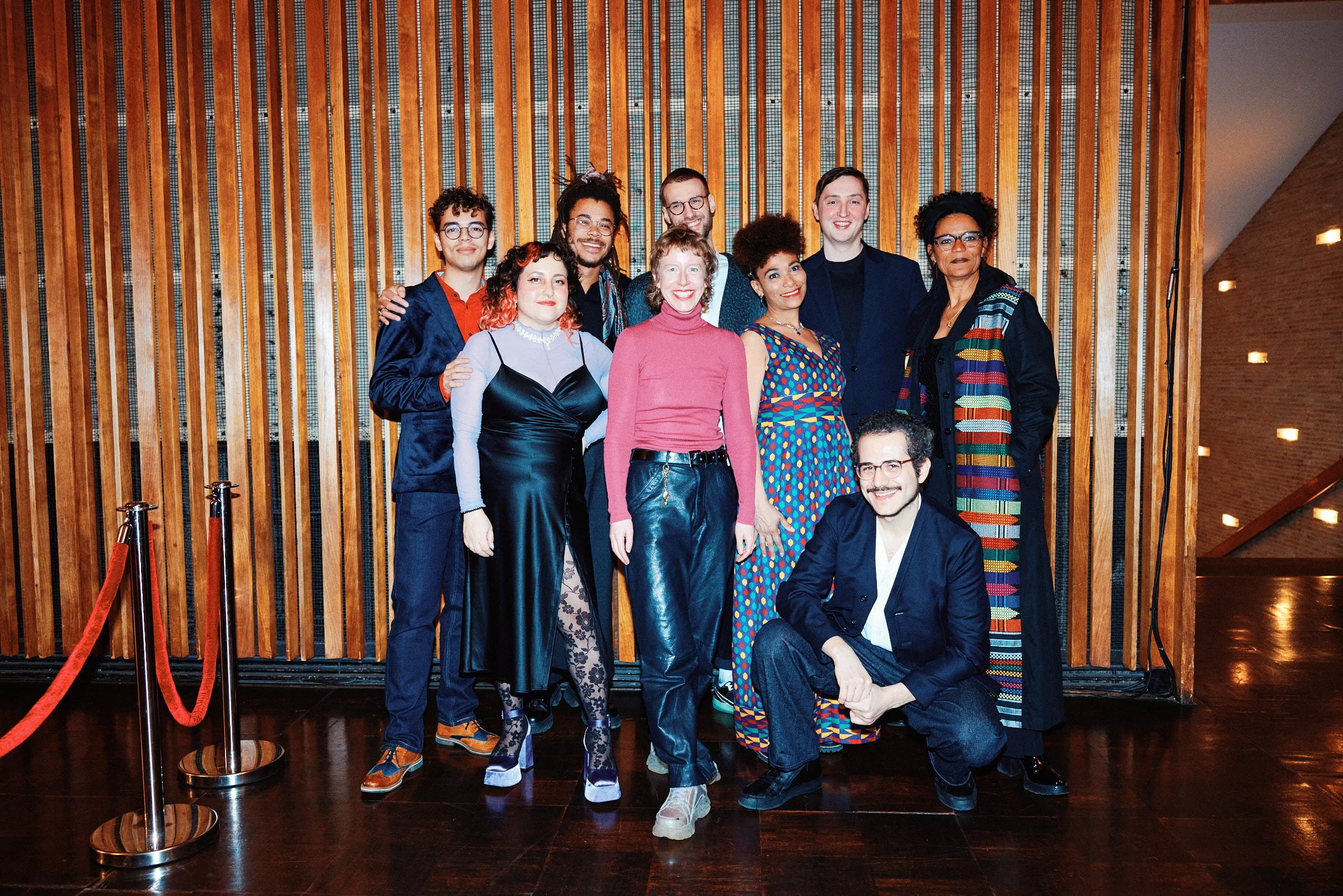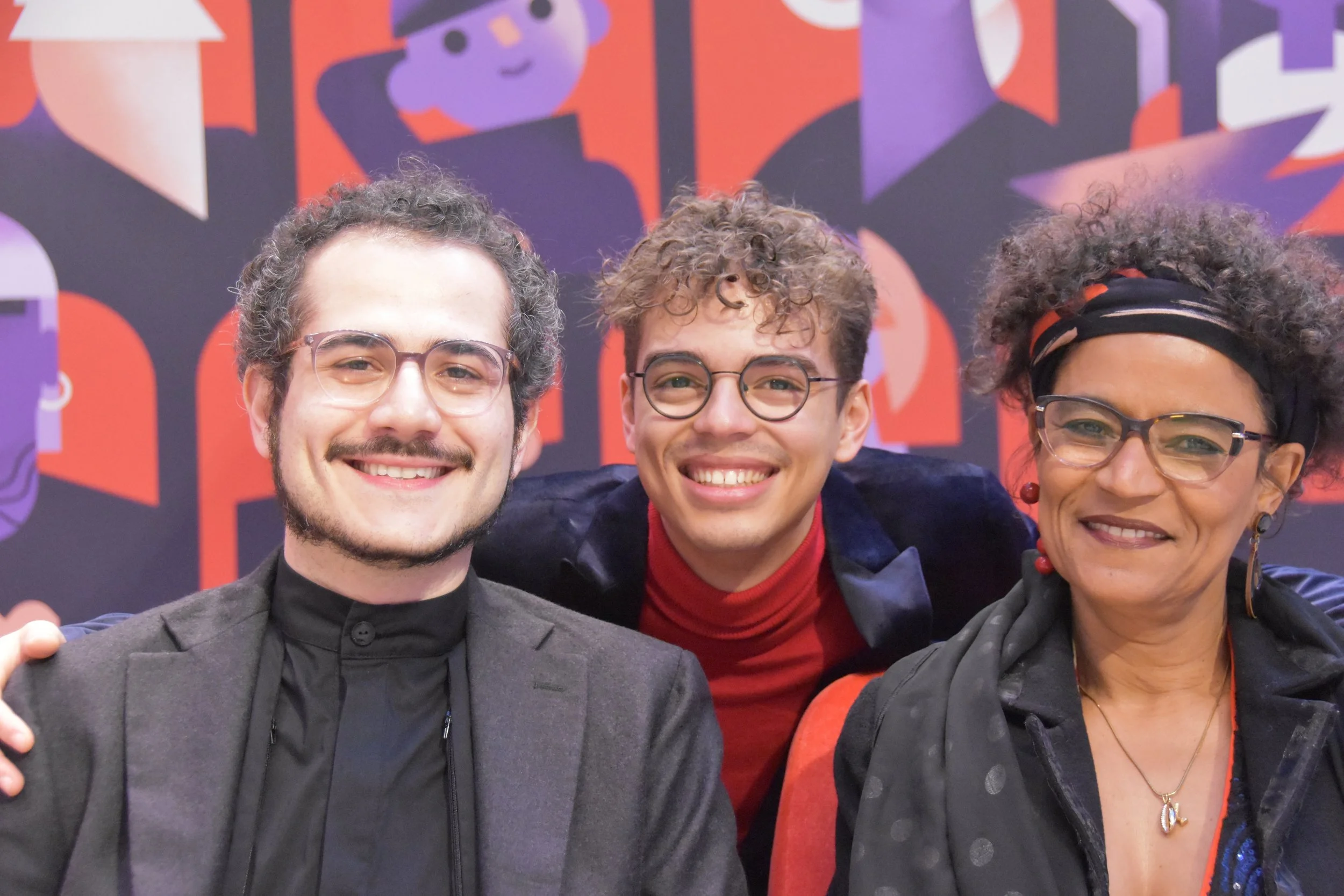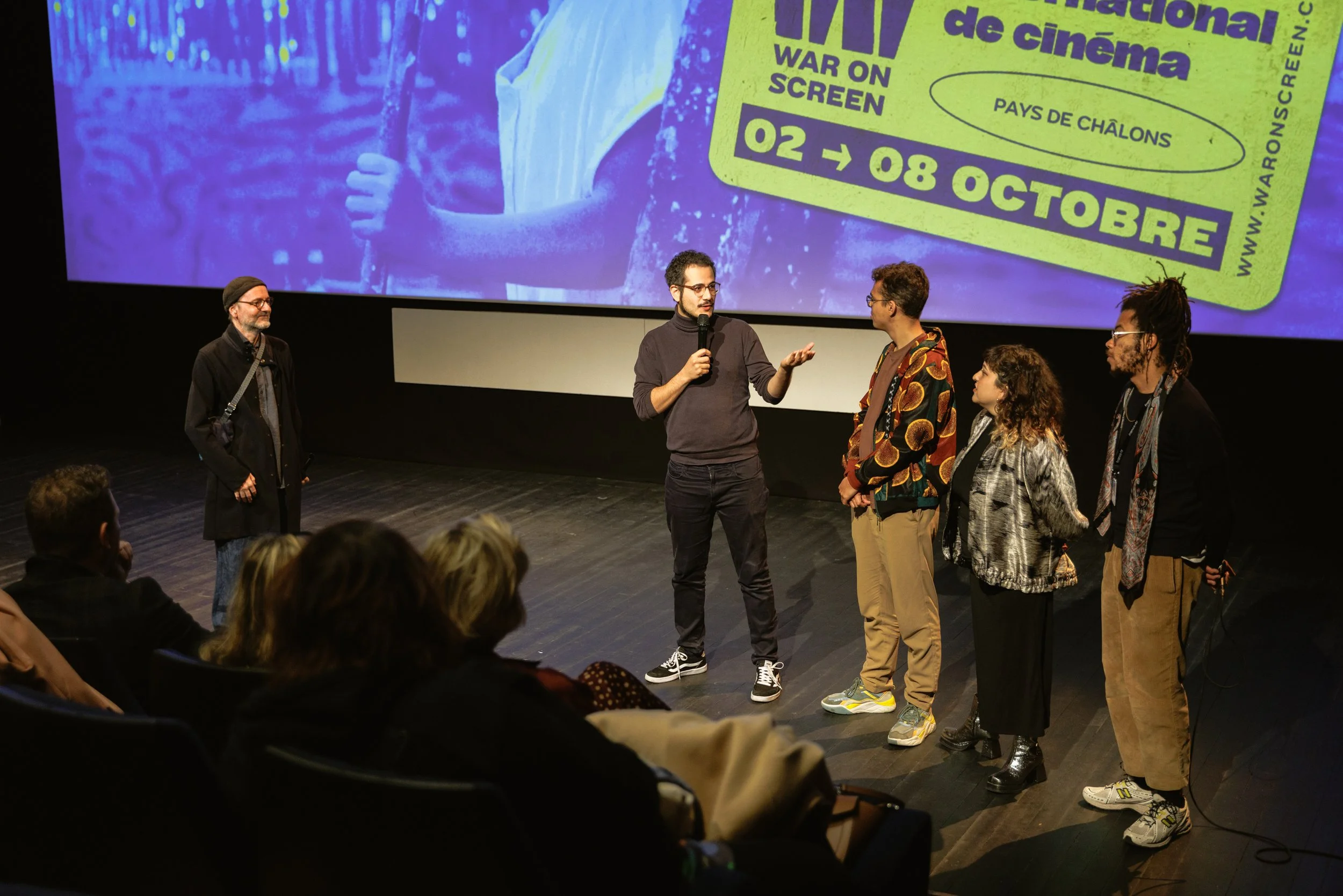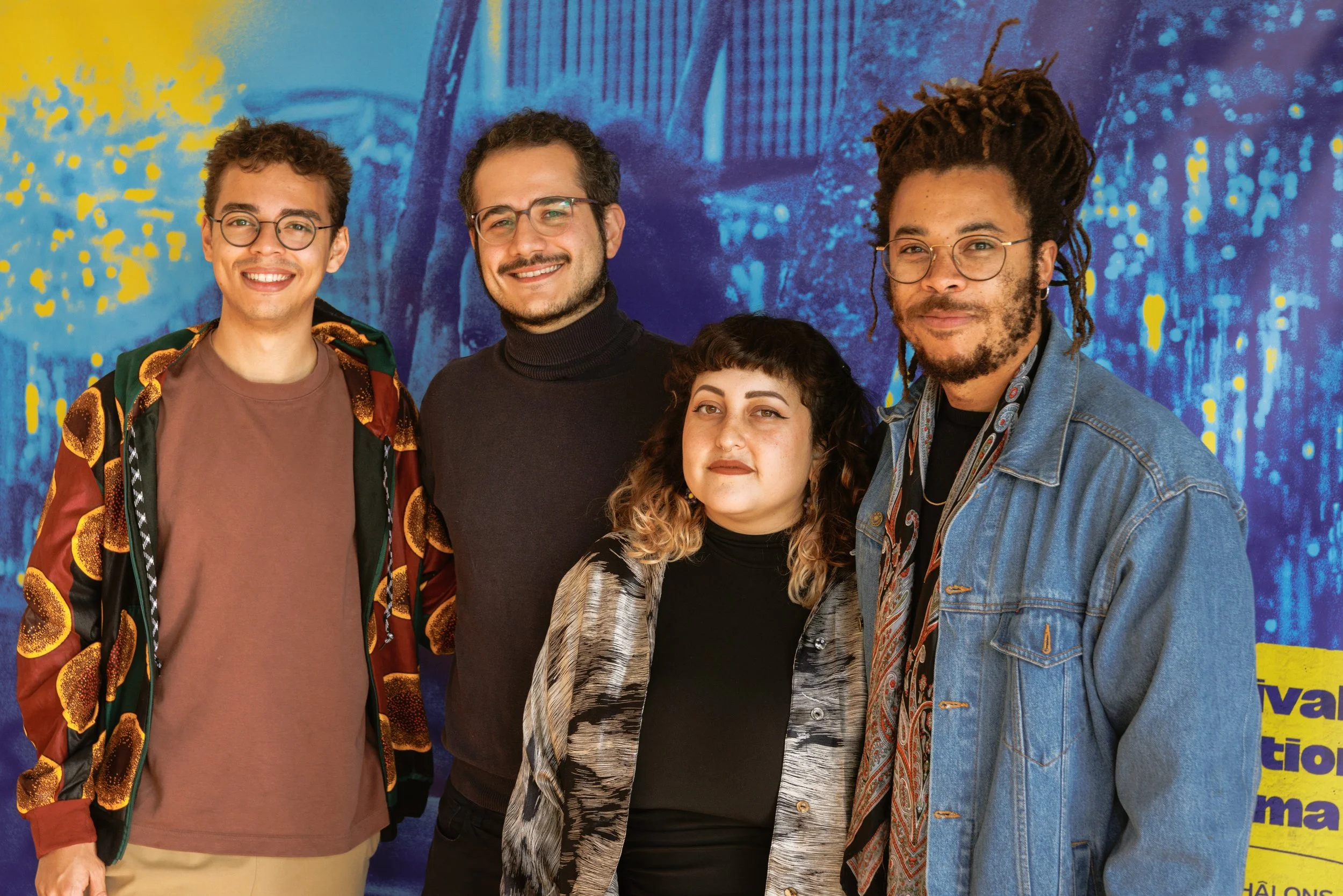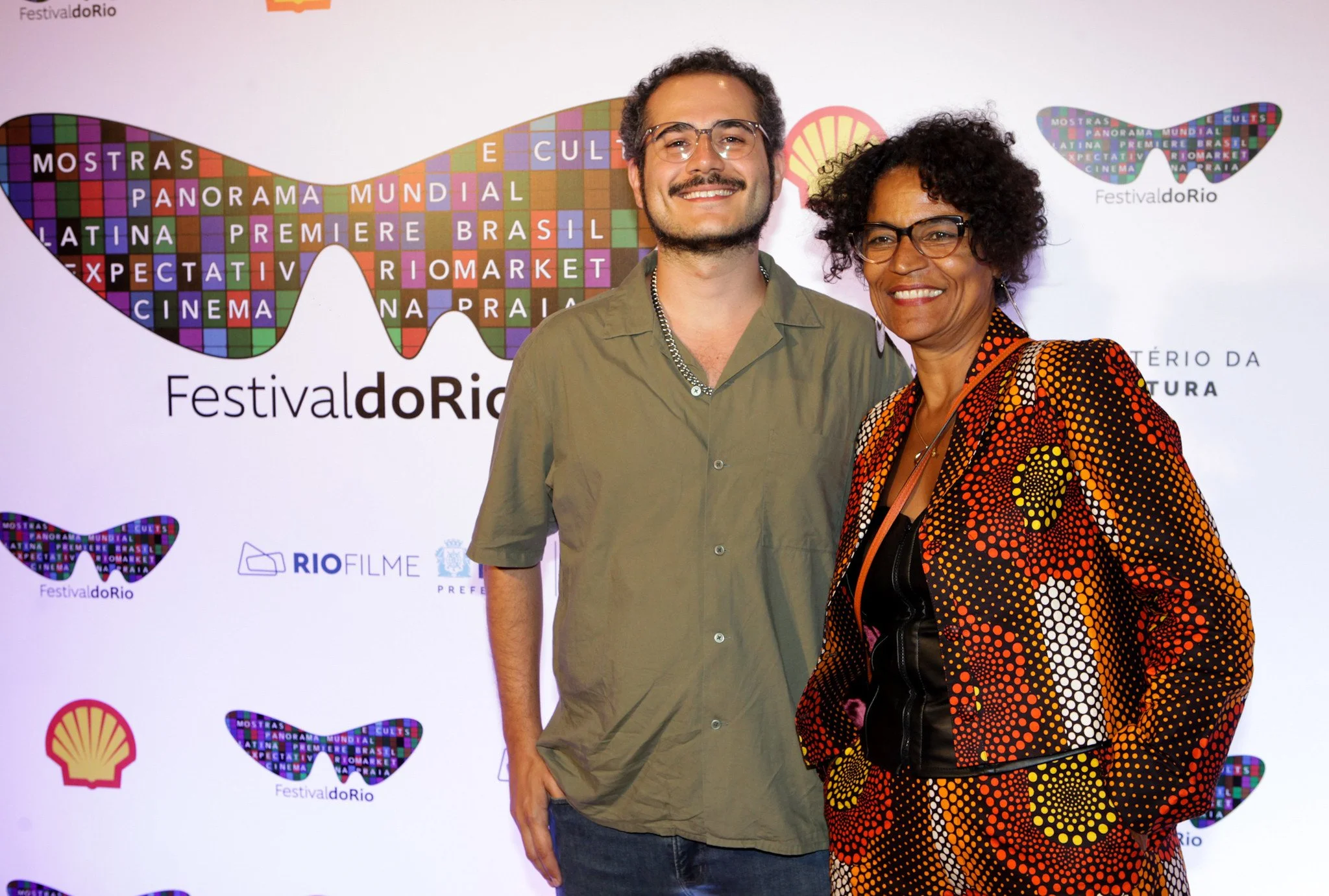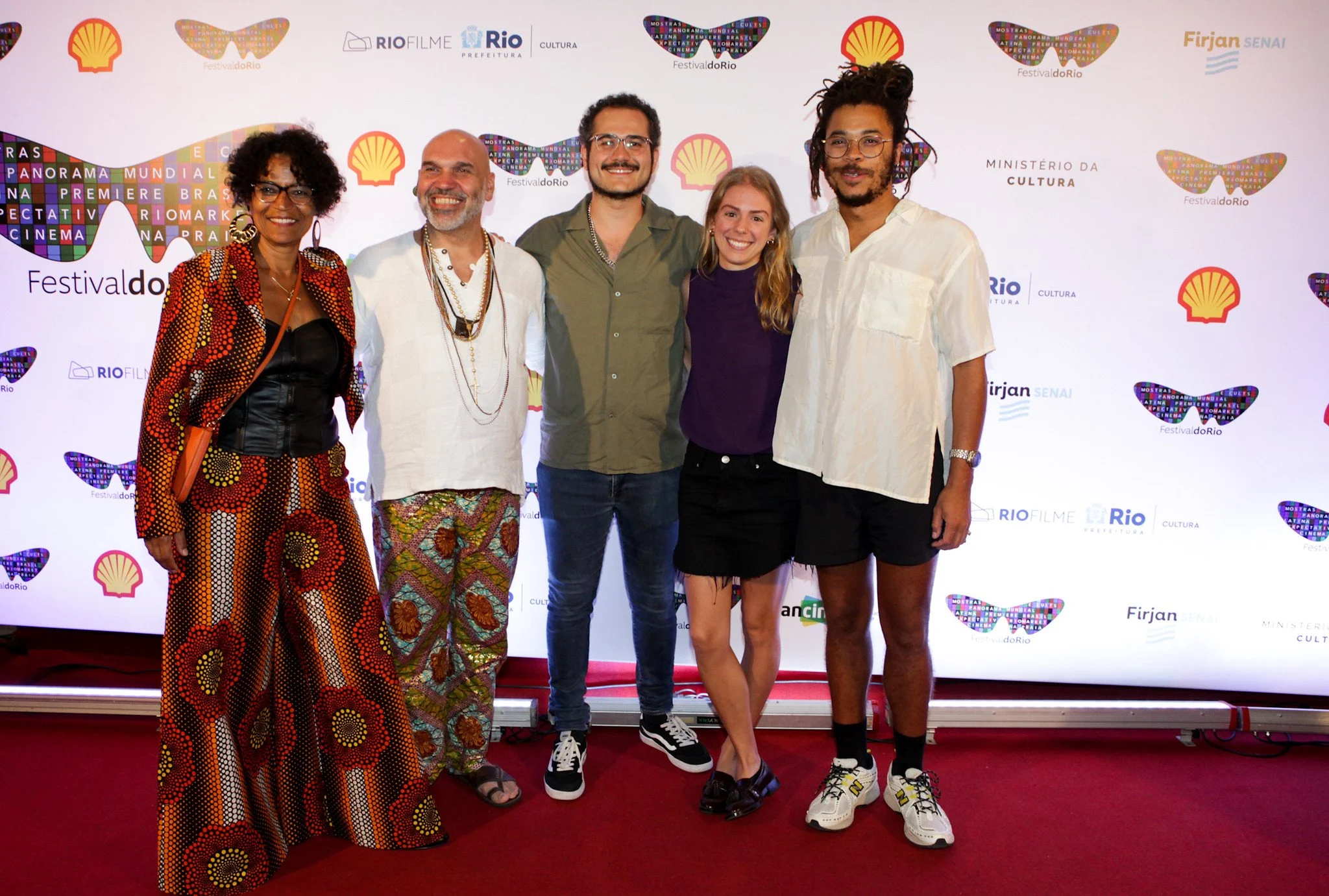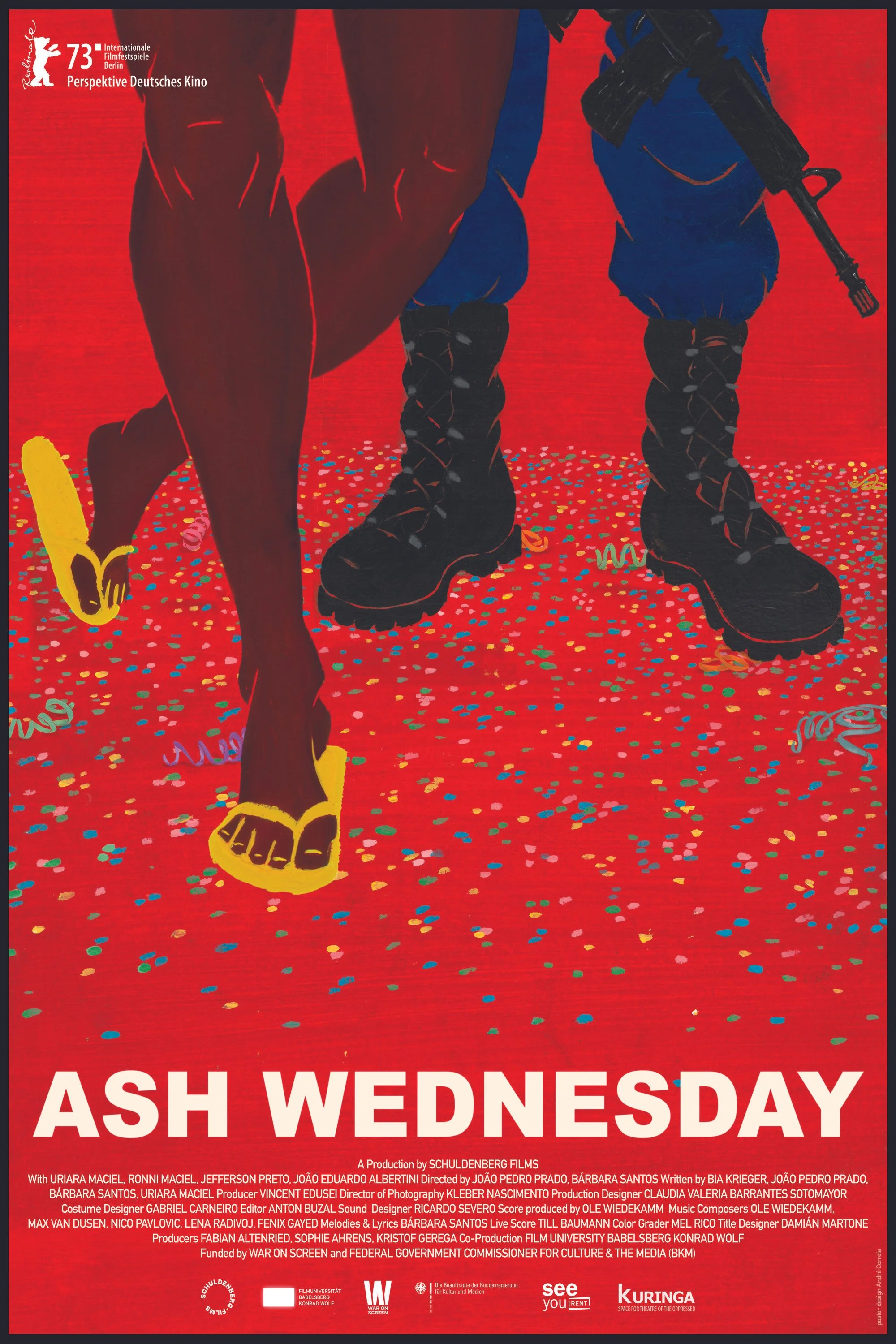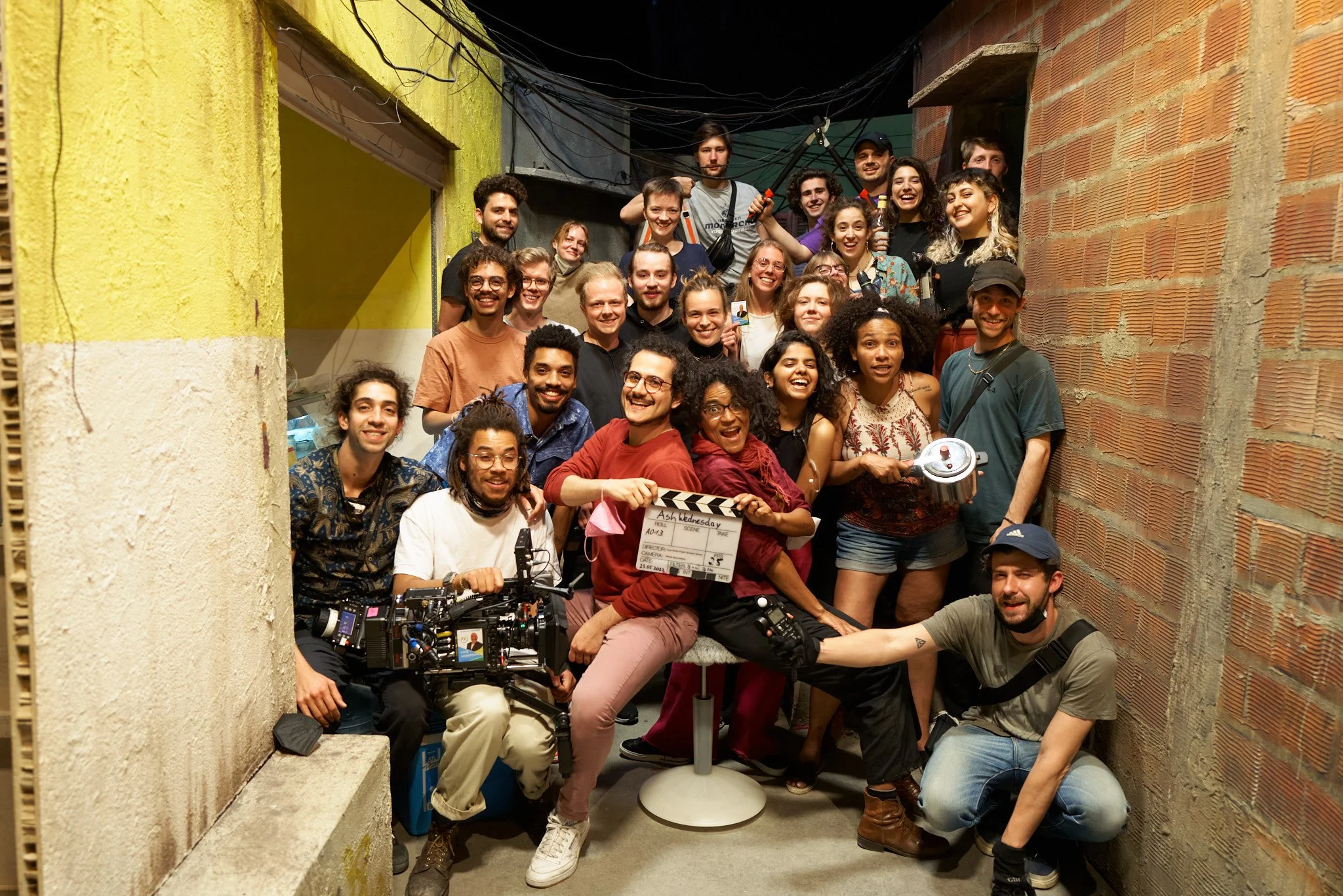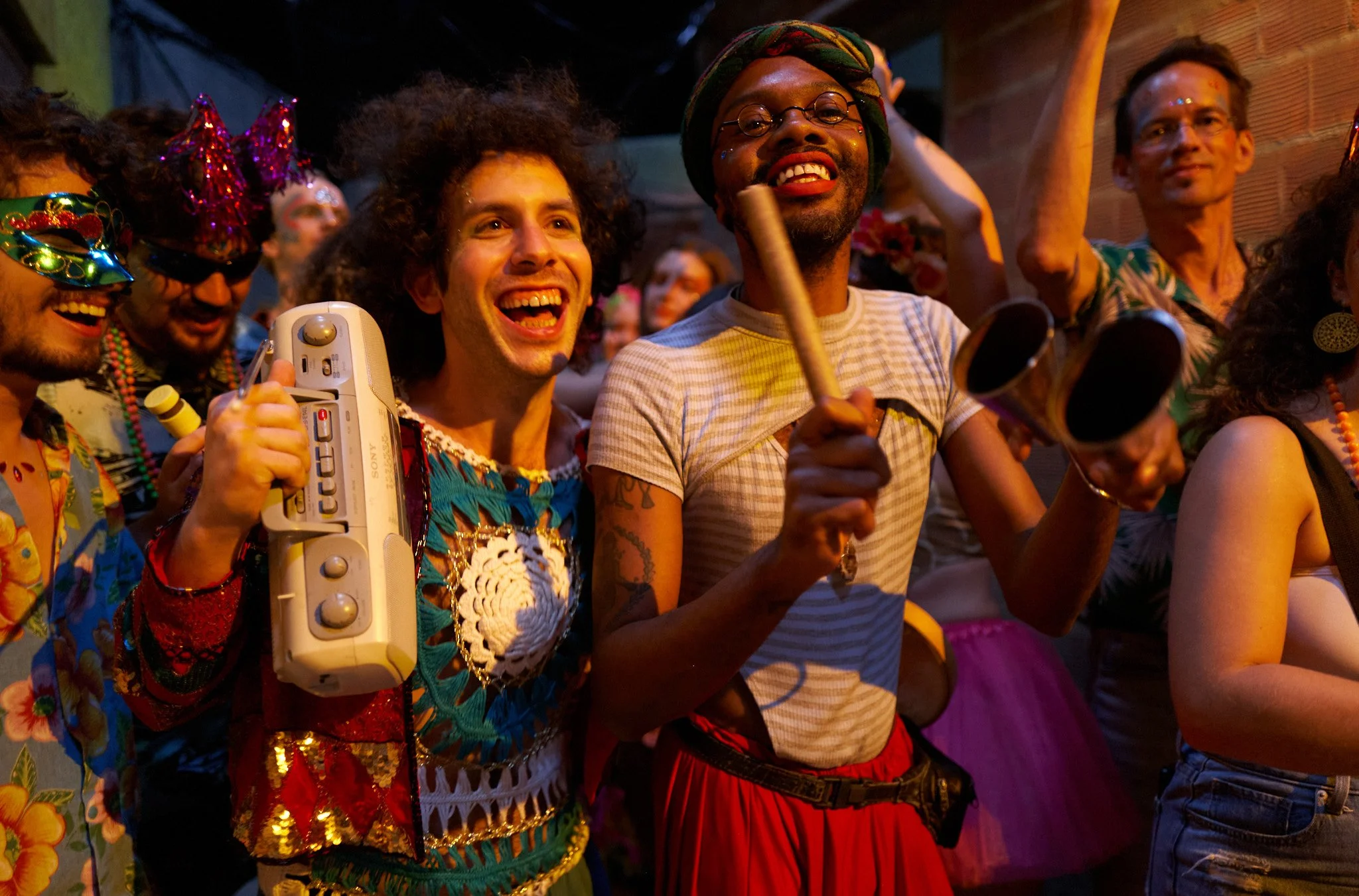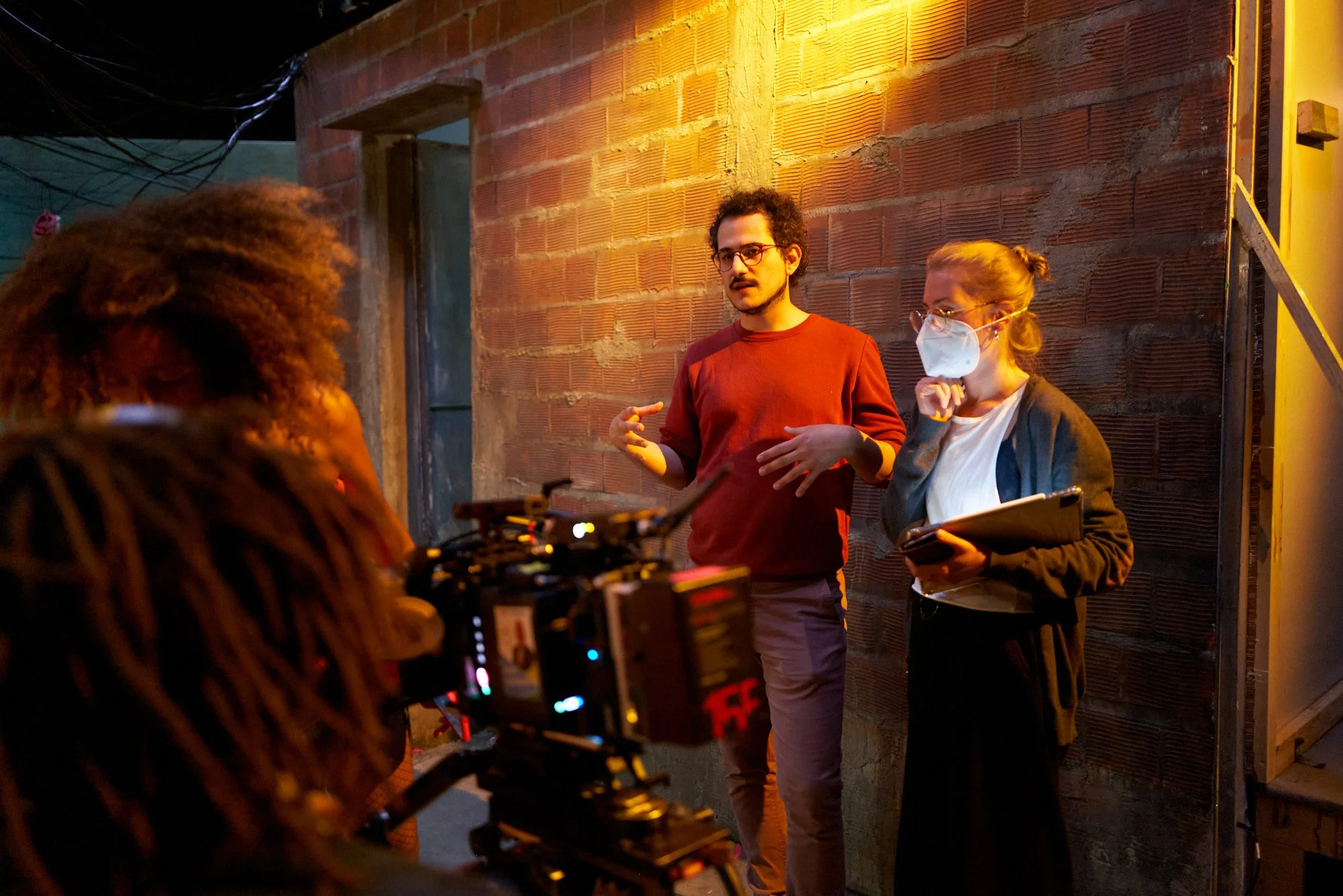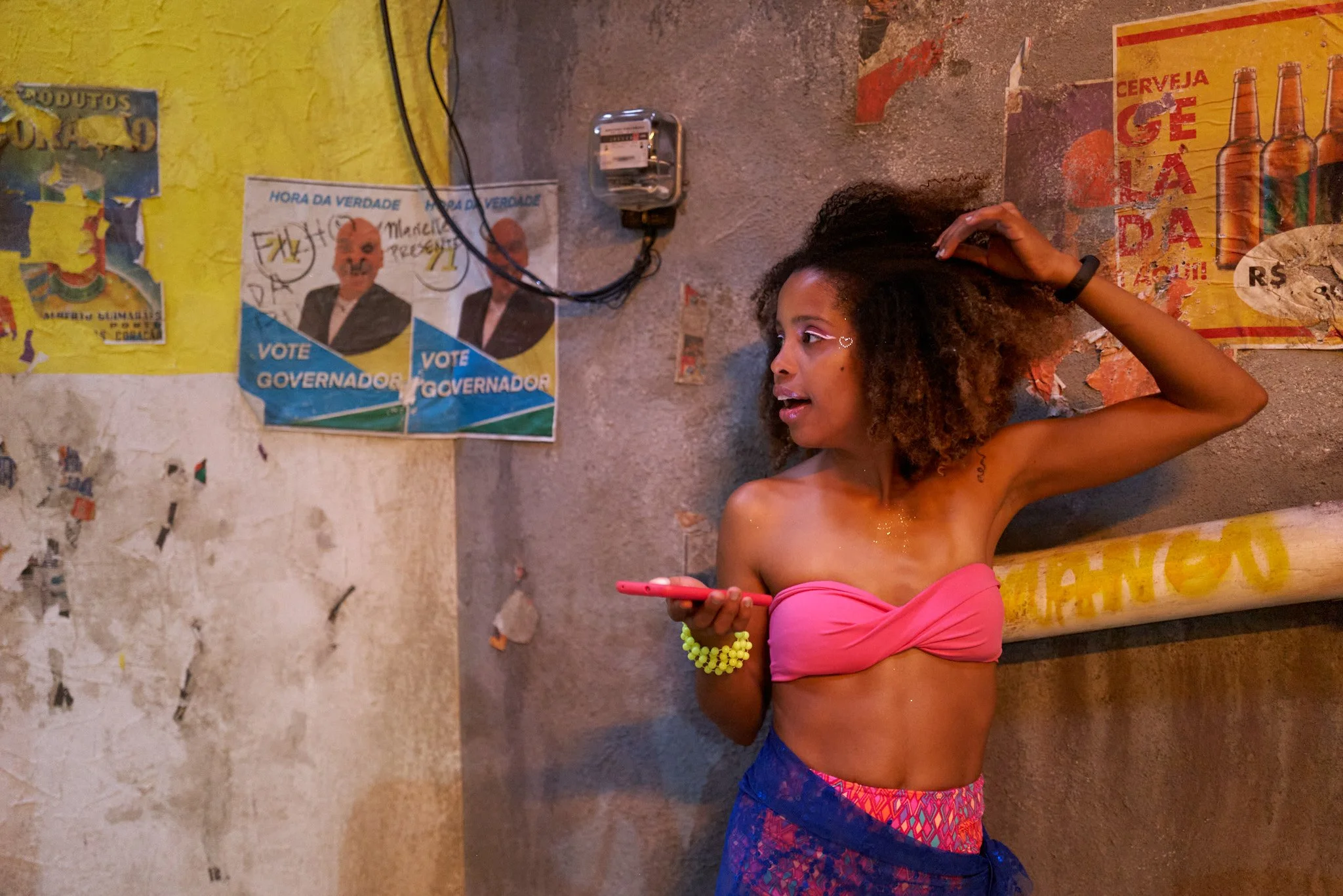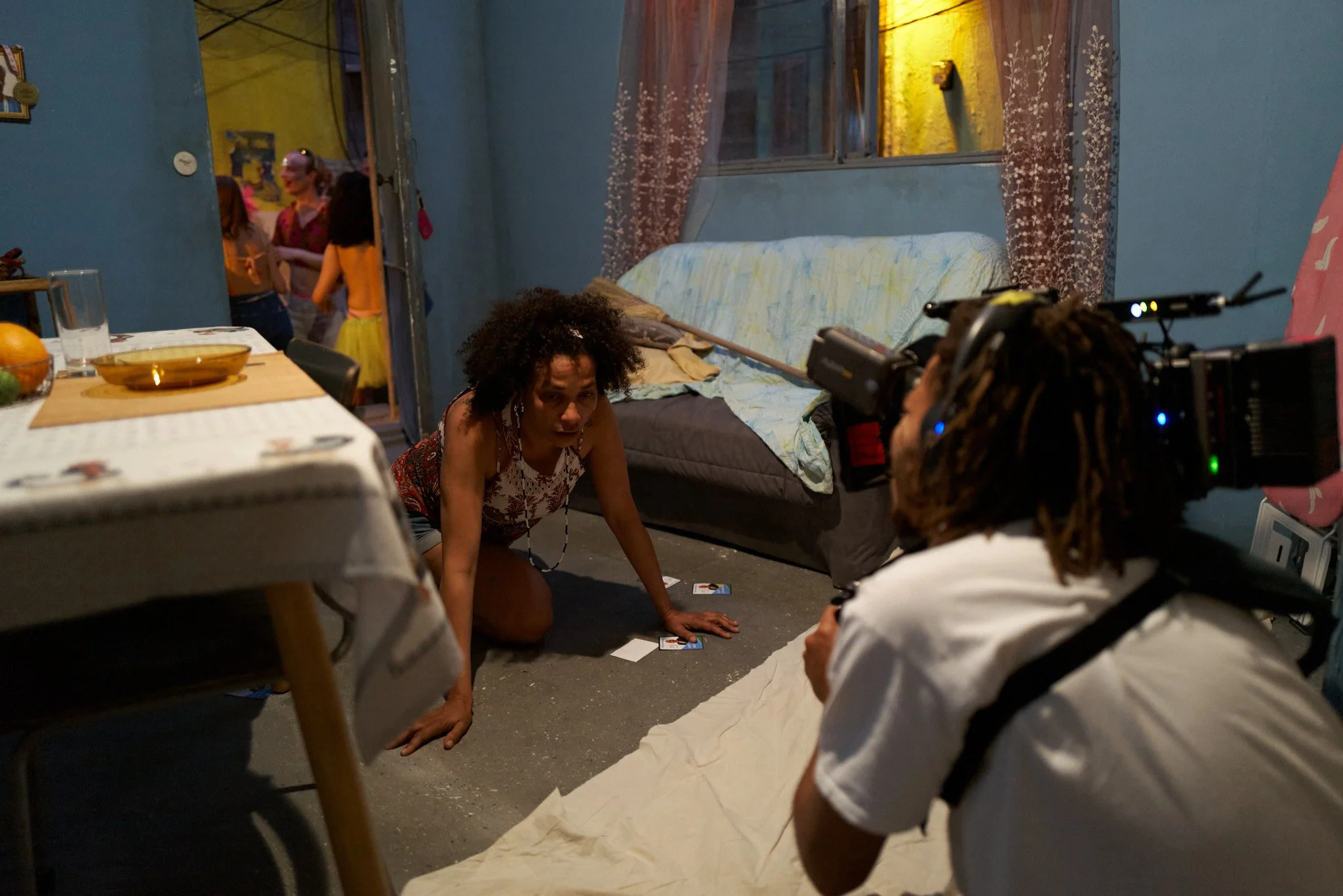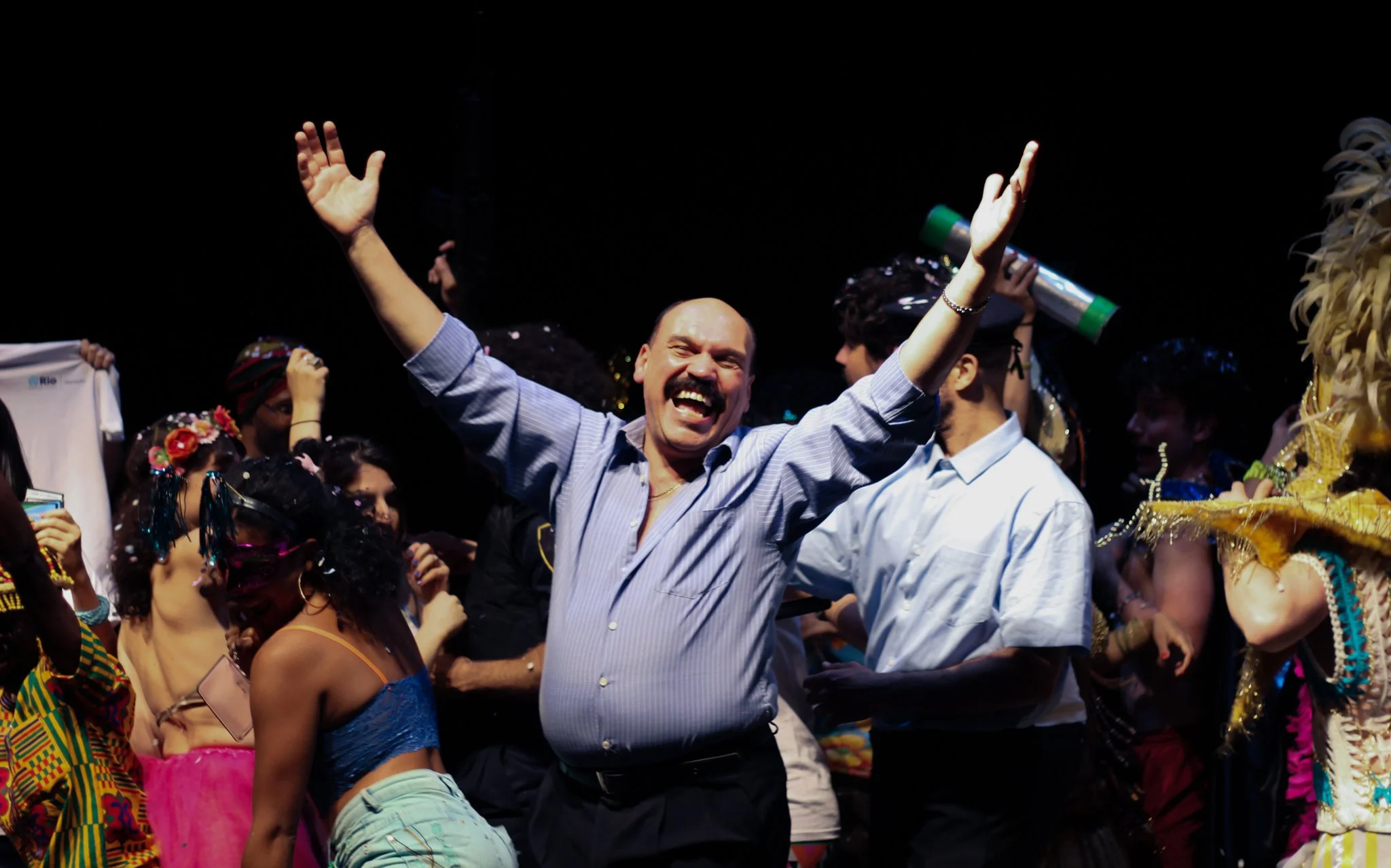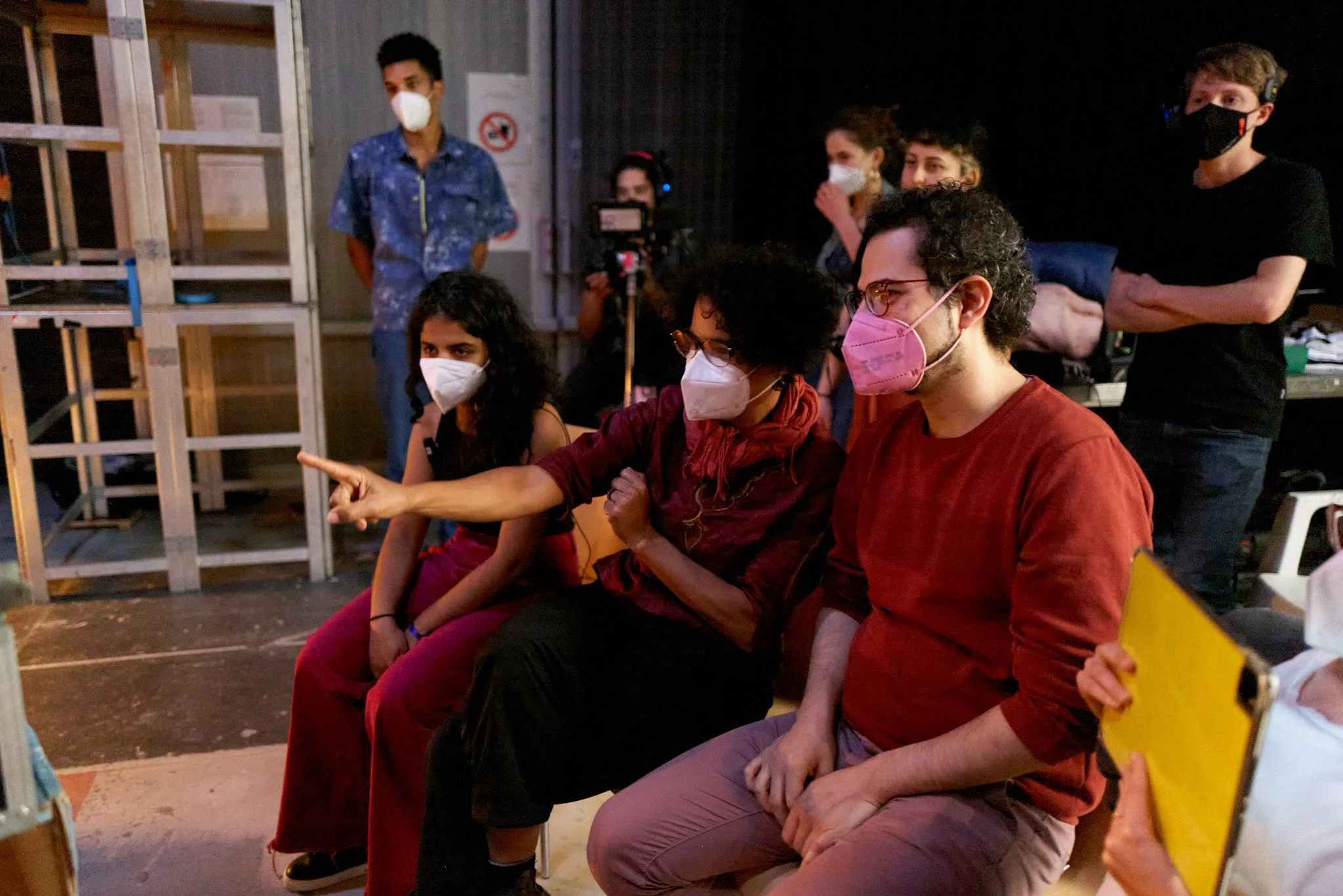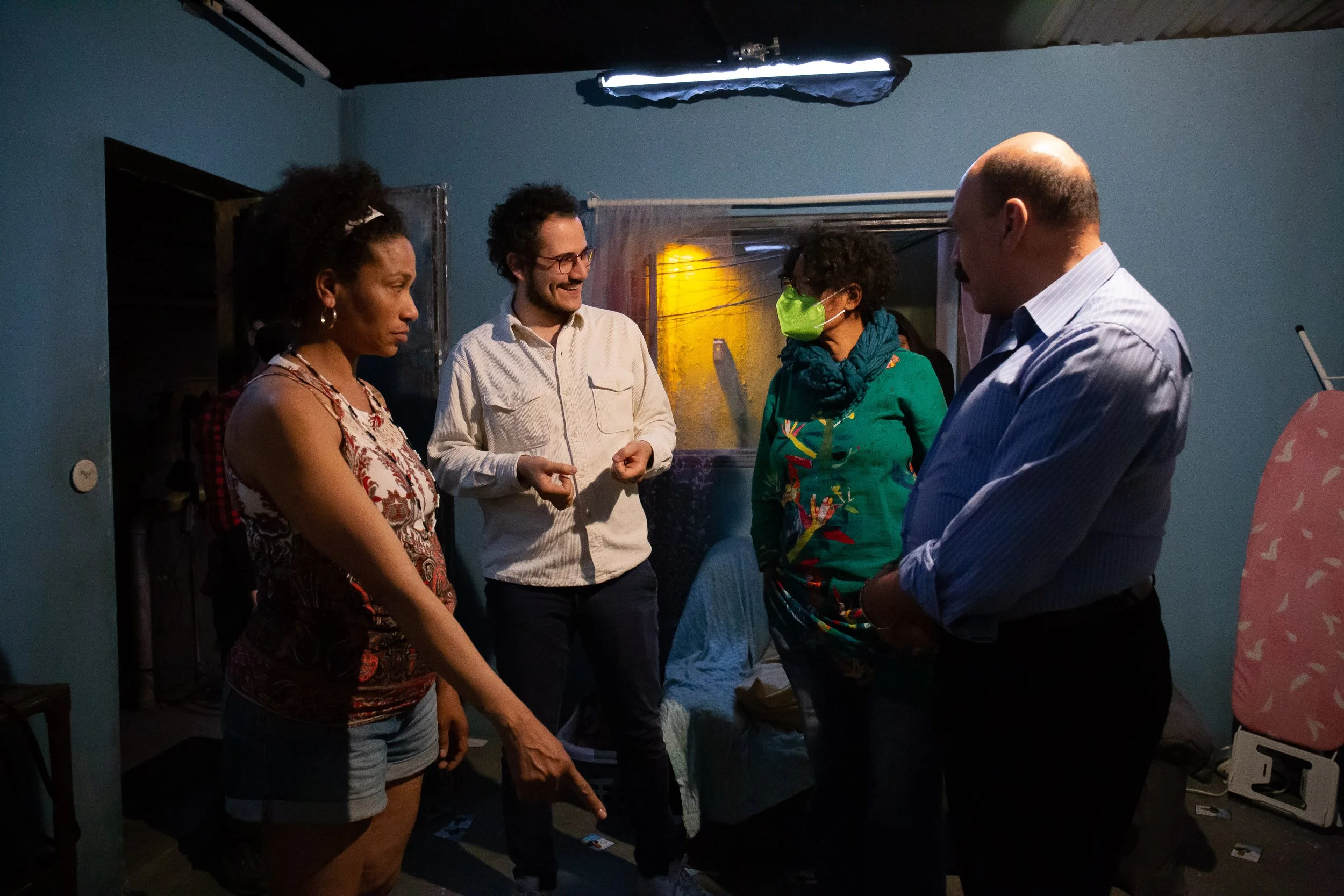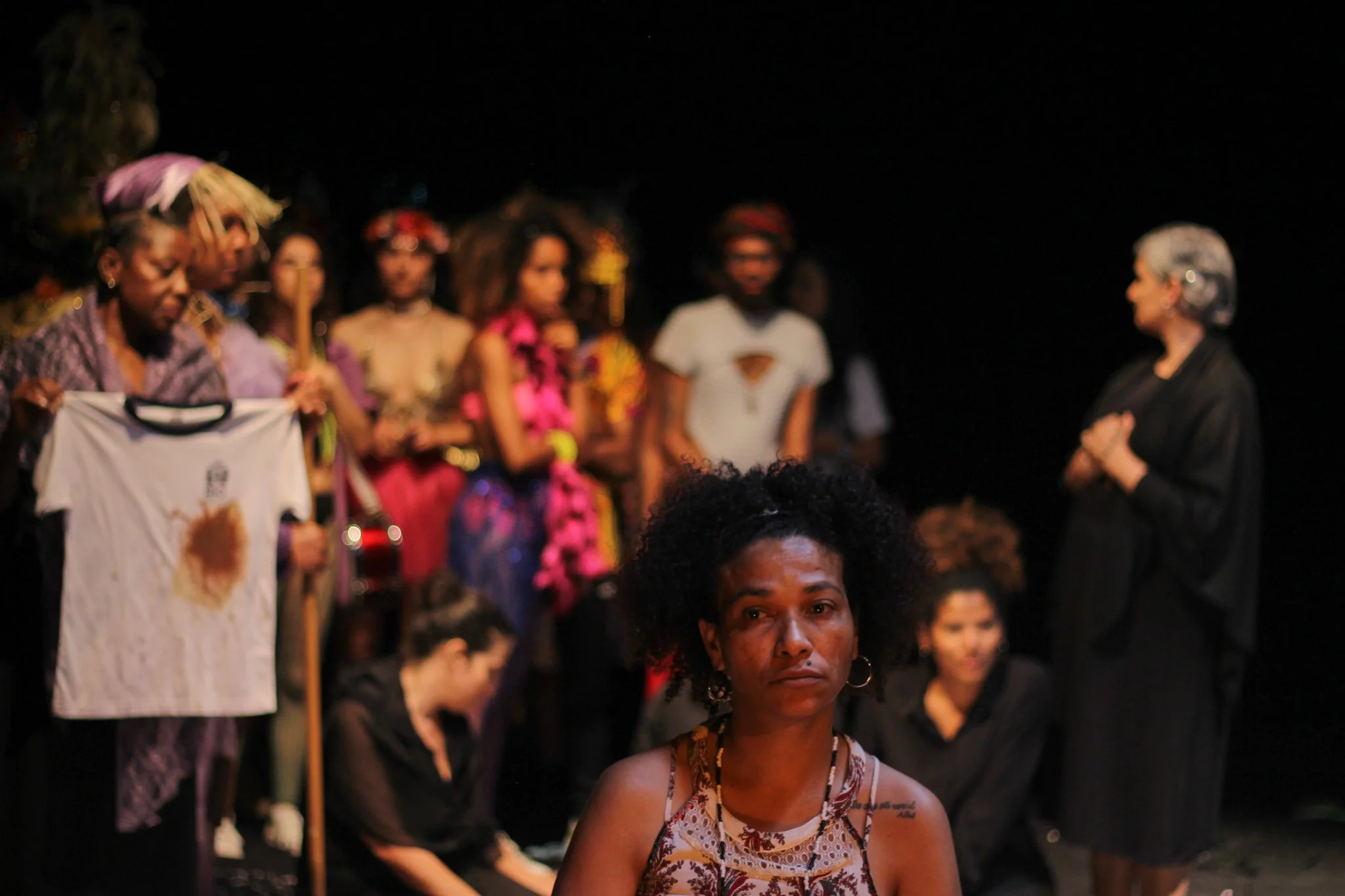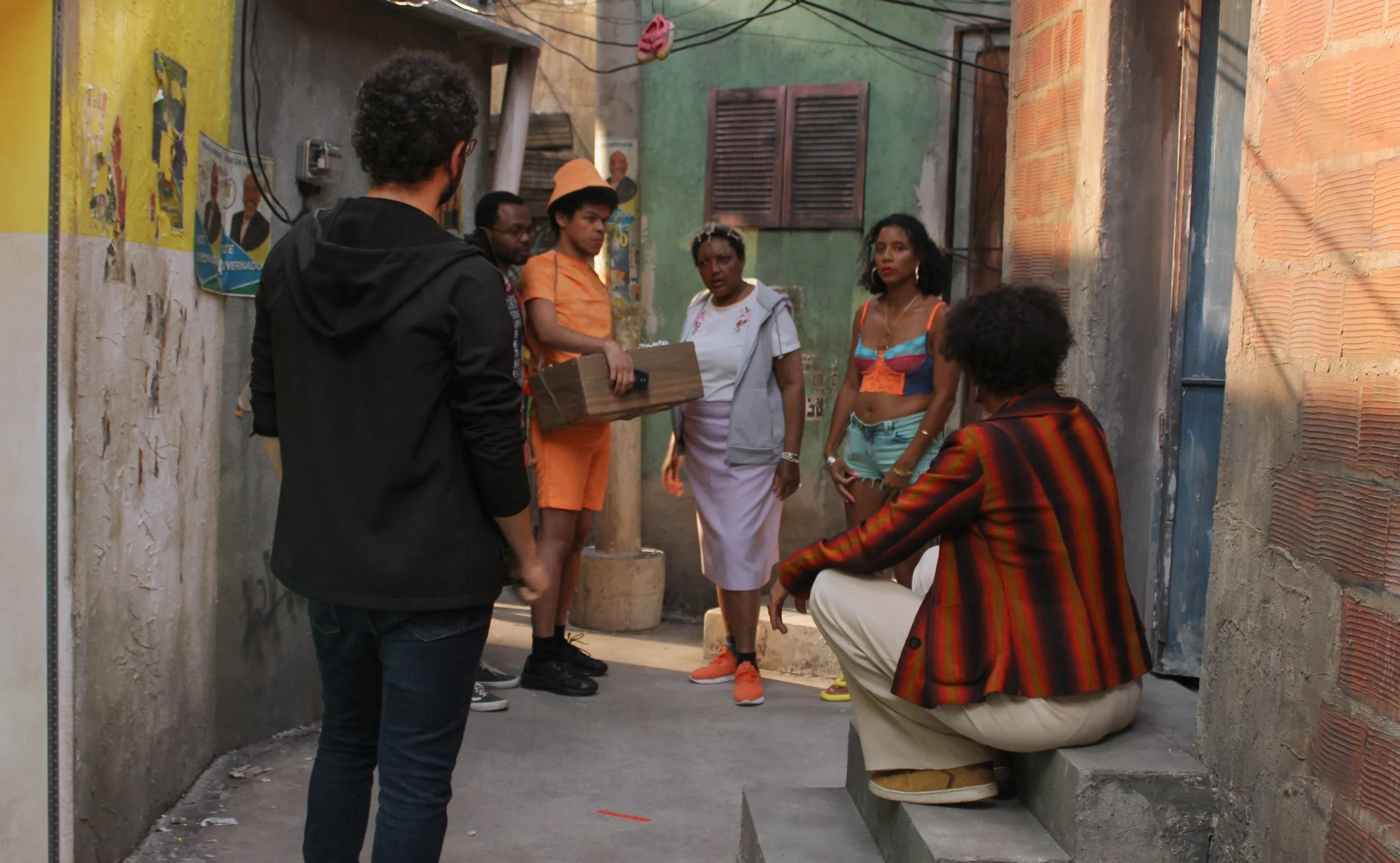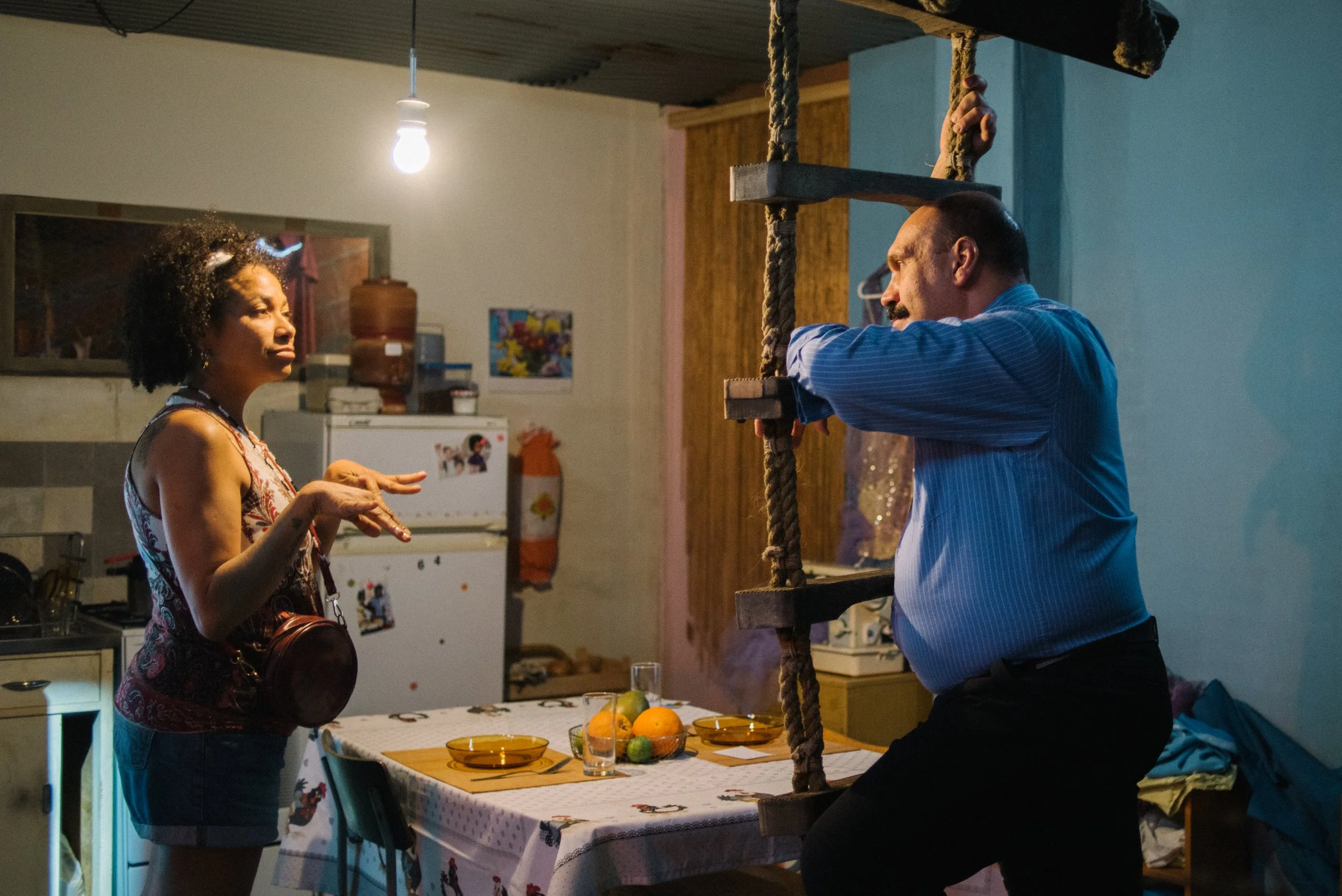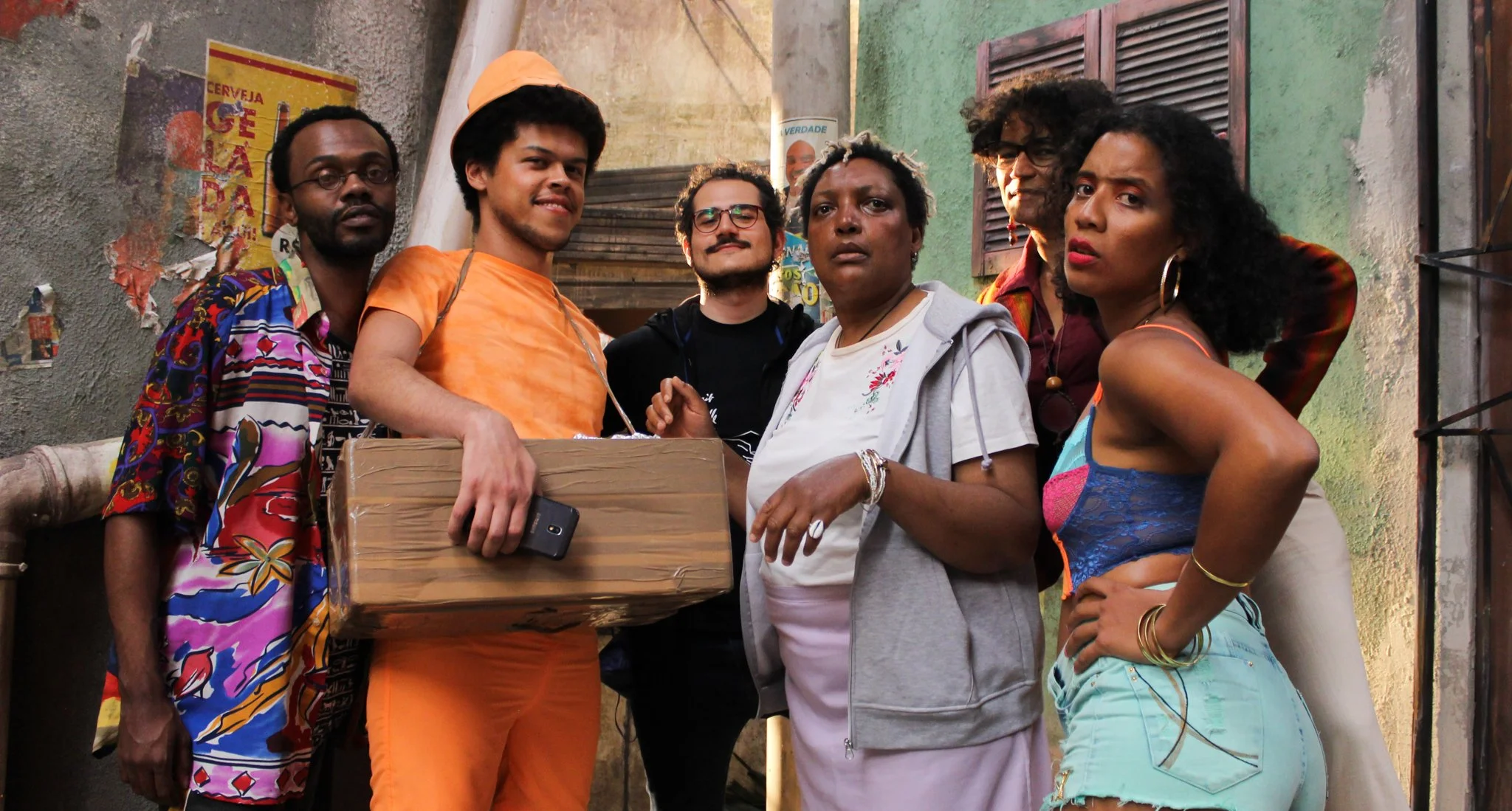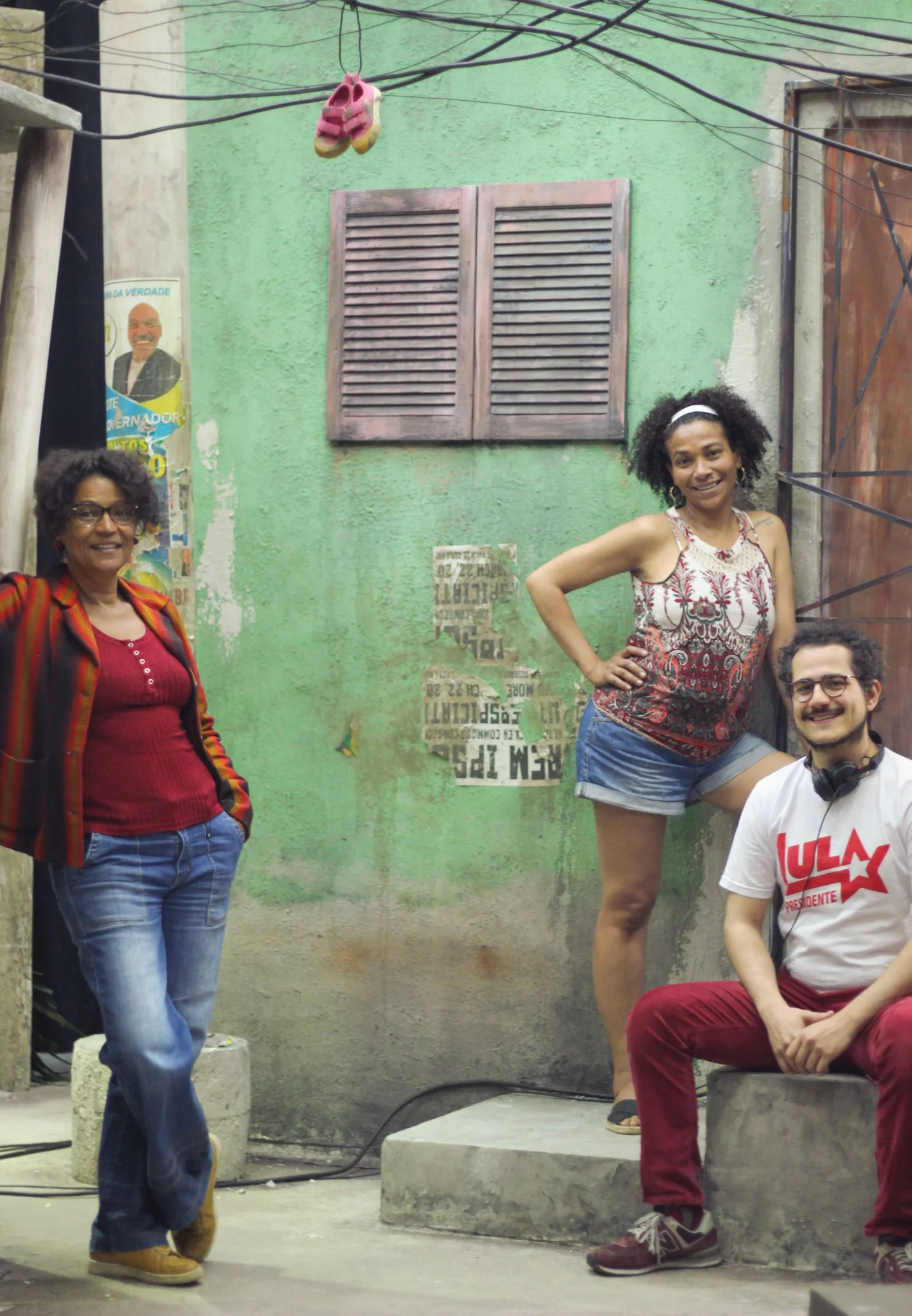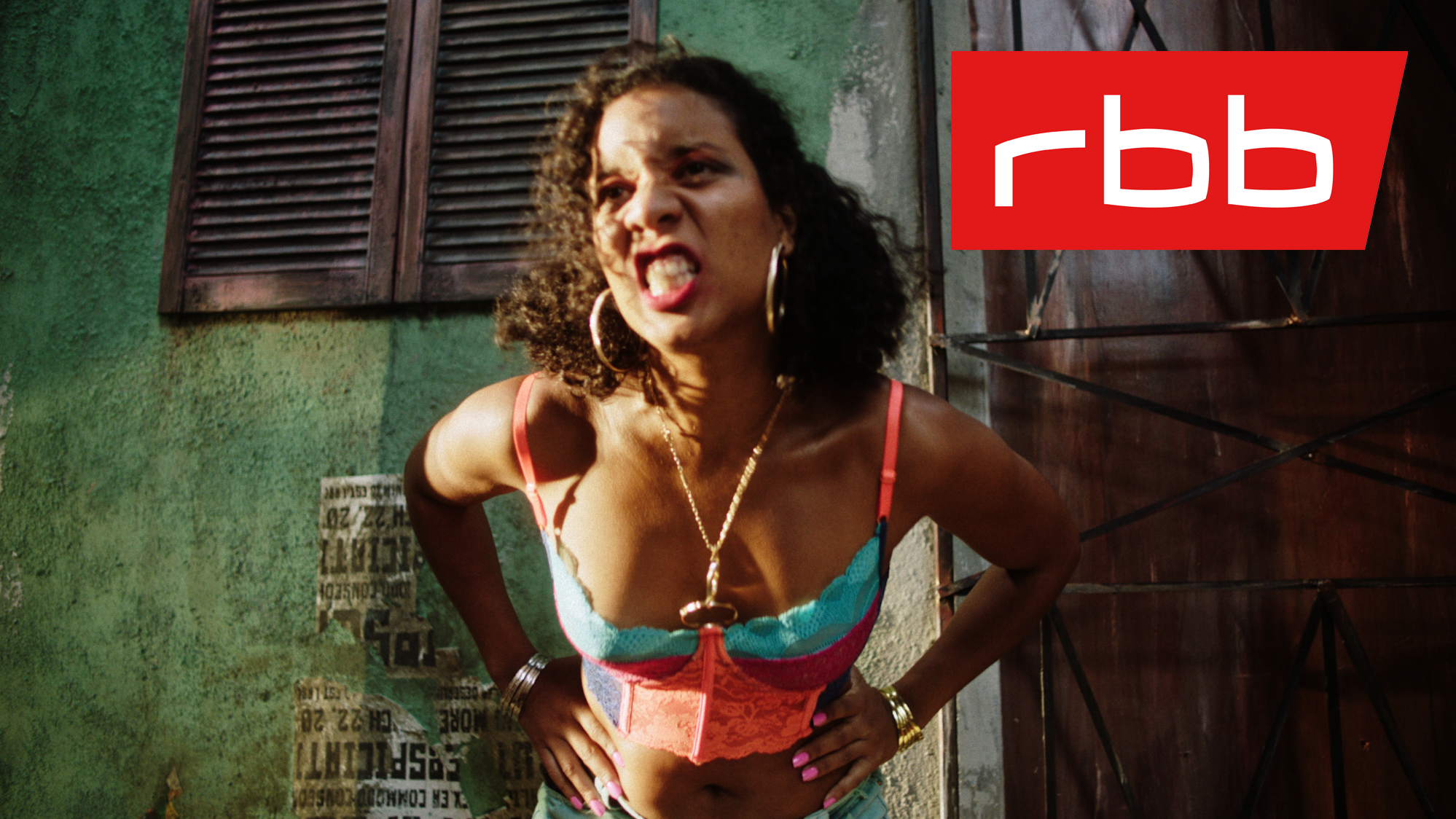Ash Wednesday
DE 2023, 30 min
Brazilian Portuguese
synopsis
It is the last day of carnival at a favela in Rio de Janeiro, where gunshot sounds are incessant and the military presence is constant. Demétria is waiting for Cora, her only child, to come back home from school, but a surprise police raid commences outside. As night falls and she struggles to hold on to the fading hopes of finding her daughter, Demétria will be visited by three characters – The Policeman, The Pastor and The Governor.
Ash Wednesday is a production of Schuldenberg Films in co-production with Filmuniversität Babelsberg KONRAD WOLF, funded by the German Ministry of Culture (BKM) and War on Screen Fabrique/Region Grand Est of France. Co-directed by Bárbara Santos, it celebrated its world premiere in February 2023 at the 73rd Berlinale - Berlin Intl. Film Festival in the section Perspektive Deutsches Kino for up-and-coming talent in German cinema. Its South American premiere took place in October 2023 at the Rio de Janeiro Intl. Film Festival.
directors’ statement
From January to June 2020, Rio de Janeiro’s state police killed 99 children and young people, many in their own homes or on their way to school. These images of armed police invading houses or politicians flying over favelas in helicopters, once absurd, have become disturbingly common in Brazil.
It was in this context that Ash Wednesday was conceived. Together with co-author Bia Krieger and lead actor Uriara Maciel, I developed the first treatment, which was later selected for the WoS Fabrique Script Lab. The film draws on Greek mythology to tell the story of Brazilian mothers who lose their children every year to the so-called “war on drugs” – a state policy that has decimated the country’s Black youth for decades. Their grief and resilience evoke archetypal figures such as Lysistrata and Demeter.
Co-director Bárbara Santos brought in her expertise in rhythm and sound to transform the script into a musical. With international composers from Babelsberg Film University, we developed songs rooted in Brazilian genres like samba, rap, and funk, while dialogues were sung live in Portuguese. Our inspirations included Jacques Demy’s Les Parapluies de Cherbourg and Brechtian theatre, aiming to blend epic poetry, Afro-Brazilian musical traditions, and critical distance from the violence depicted.
In Ash Wednesday, music is not mere ornament but a means to channel both pain and resistance – echoing the soundscape of Rio’s favelas, where even gunshots and sirens shape the rhythm of daily life.
poster art by André Correia.
with
Uriara Maciel
Ronni Maciel
Jefferson Preto
João Eduardo Albertini
& Formosah, Ramon Luz, Sandra Bello, Macário, Vera Schneeberg, Marta Baltar Freite, Inacy, Marcio Reolon, Wanderson Wanderley, Carlos Frevo.
crew
directed by João Pedro Prado, Bárbara Santos
written by Bia Krieger, João Pedro Prado, Bárbara Santos, Uriara Maciel
producer: Vincent Edusei
producers: Sophie Ahrens, Fabian Altenried, Kristof Gerega
cinematography: Kleber Nascimento
production design: Claudia Valeria Barrantes Sotomayor
editing: Anton Buzal
head composer: Ole Wiedekamm
composers: Ole Wiedekamm, Max van Dusen, Lena Radivoj, Nico Pavlovic, Fenix Gayed
sound design & mixing: Ricardo Severo
(Several Sounds)
5.1 mixing: Ariel Henrique
costume design: Gabriel Carneiro
make-up: Maite Herrendorf
colorist: Mel Rico
1st AD: Sofia Bolina
production manager: Maxine Paatzsch
title design: Damián Martone
festivals
73rd Berlinale – Berlin Intl. Film Festival
(Perspektive Deutsches Kino)
Rio de Janeiro Intl. Film Festival
(Premiére Brasil: o Estado das Coias)
FILMETS Badalona
FILMZ Mainz
(Mittellanger Wettbewerb)
Encontro de Cinema Negro Zózimo Bulbul
LAFITA – Lateinamerikanische Filmtage München
Sehsüchte Intl. Student Film Festival
Mostra Livre de Cinema São Paulo
Mumbai Intl. Student Film Festival
Strano Film Festival
Festival de Cine de Cuenca
media
10.02.2023 | „10 films you shouldn’t miss at the Berlinale“ on CenaBerlim
16.02.2023 | „Küsse, Kämpfe, Kräche: Die Filme der Perspektive Deutsches Kino auf der Berlinale“ on Tagesspiegel
19.02.2023 | „Perspektive Deutsches Kino: A nose for talent“ on taz
20.02.2023 | „Brasilien made in Babelsberg“ on Tagesspiegel
20.02.2023 | „It’s not just about Brazil – it’s about the world“ on RFI France
24.02.2023 | „Short film brings favela violence to the Berlinale screen“ on Deutsche Welle
02.04.2023 | „We didn't want to place violence in the foreground“ on Lateinamerika Nachrichten
08.12.2023 | Interview with Cláudia Dornbusch of CINEdELA












